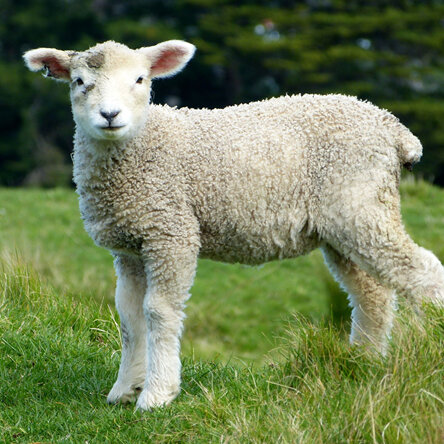Franklin Vets
Franklin Vets - excellence in veterinary care for dairy, farming, lifestyle, equine and household pets. BESTPRACTICE ACCREDITED NZ.
Your account is powered by Storbie. To edit your profile visit my.storbie.com
Your account is powered by Storbie. To edit your profile visit my.storbie.com

Because of the weather we have had in the last year, leptospirosis infections have skyrocketed in both humans and on farms. Unfortunately, many of our farmers have had in the past or recently had lepto and anyone who has had it would tell you it's not something you'd wish upon your enemy. Naturally, your question would be well I’ve never seen lepto in my flock, is it even on my farm? A New Zealand study done in 2010 found that 91% of farms had a least one adult sheep that had developed antibodies and therefore had been exposed to Lepto serovar Hardjo and 74% of farms had at least one adult sheep exposed to lepto serovar Pomona (Harjo and Pomona being the most common lepto serovars in sheep). These are scary numbers indicating that animals on the majority of farms have been exposed to this disease at some point in their lifetime. So, to answer your question, yes, it is out there and your sheep have probably seen it. Commonly we see exposure and disease in young sheep, mainly lambs and hoggets during the wettest months of the year between autumn and early summer. It's often first noticed as sporadic deaths in lambs and hoggets and often outbreaks are associated with heavy rainfall and stagnant water in paddocks as well as exposure to pigs.
So, what should you look out for when an outbreak occurs? Signs include sudden death, anorexia, reluctance to move when mustered, red urine and red-stained wool. When looking at animals you also may notice muddy or yellow mucous membranes. It is also important to note that abortion may occur in pregnant hoggets at the time or months after the outbreak.
If you suspect lepto in your stock you should contact your veterinarian immediately. Diagnosis is often made via postmortem or via blood tests from sick animals. One of the most important things to consider is that you can get lepto from these animals, it is zoonotic and anyone who has had lepto will tell you that you do not want it, with many ending up in hospital. When handling both sick but also healthy lambs you should be very careful to avoid urine splashes, making sure you are covering up cuts and abrasions and washing your hands well, before eating or touching your face. You should also avoid drinking from a water source that could be contaminated with lepto. There are vaccinations that can also prevent the most common strains of lepto to minimize the risk of both you and your flock getting lepto. If you're curious, have a chat with your friendly veterinarian.
Dr Amber Rowan-Sanders (BVSc) - Farm Vet at Taupiri
Franklin Vets - excellence in veterinary care for dairy, farming, lifestyle, equine and household pets. BESTPRACTICE ACCREDITED NZ.



